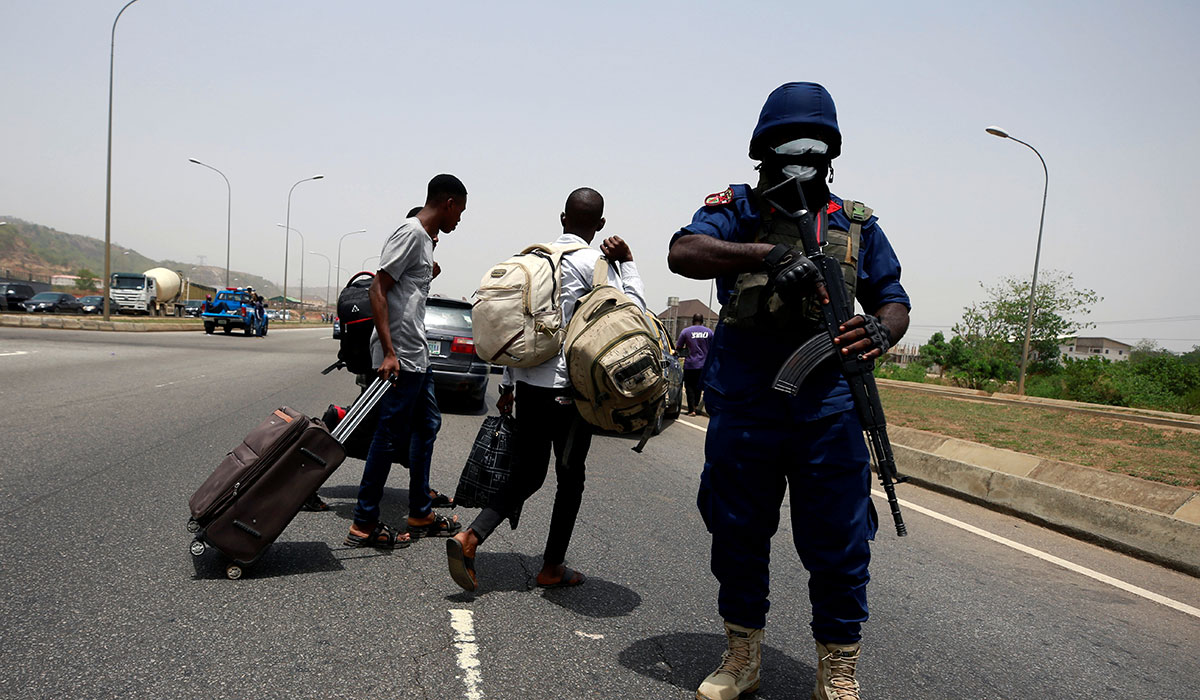Many African governments have introduced containment measures more rapidly than their international counterparts, which have significantly slowed the pace of contagion, giving the continent precious time to prepare their healthcare responses. A number of factors have contributed to the continent’s responce, including the experiences learnt in dealing with previous public health emergencies, including Cholera, Ebola, HIV/Aids and Malaria.
Despite Africa’s weak health systems and governance deficiencies, the continent has thus far shown more resilience in handling the COVID-19 pandemic than many analysts predicted.
Tweet
While it cannot be ruled out that many COVID-19 cases may be going undiagnosed, the continent’s rapid action has slowed down the spread of the virus. The African Union’s African Centre for Disease Control advised African governments that early action was pivotal in determining the course of the pandemic. From acquiring more testing kits and swiftly cutting down international and domestic flights, to closing schools and borders, limiting public gatherings and implementing early quarantine and isolation measures, many African countries have responded comparatively quickly to the pandemic. In mid-March, when South Africa registered its first 100 COVID-19 cases, it implemented a travel ban on all foreign travellers from infected countries and a mandatory 14-day quarantine for all nationals returning from abroad. South Africa, as well as many other countries on the continent, subsequently implemented nation-wide lockdown measures to curb the spread of the pandemic. These measures have significantly slowed the spread of contagion and have bought governments time to put in place healthcare strategies to deal with imminent increases in the number of cases. The hope is that the social distancing guidelines put in place will continue to slow the spread of the virus and avoid overwhelming the fragile healthcare systems of many countries on the continent.
In the Democratic Republic of the Congo (DRC), the infrastructure for screening, isolation and treatment of severe infectious cases has been in place since the Ebola outbreak in 2018. Molecular testing machines needed to diagnose the new coronavirus are also present as they have been used to test the Ebola virus. Added to this, previous education efforts used in prevention campaigns against Ebola, including the promotion of hygienic measures such as handwashing, are helping the country in its response to COVID-19. Similarly, in Ghana, exposure to several cholera outbreaks and the successful prevention of Ebola have enhanced their efforts to undertake testing and screening and to sensitise their people to the virus.
While the measures implemented thus far have been instrumental in slowing down the spread of the virus, it has not averted the potential crisis that could result if the virus is not contained. The impact of a pandemic at the scale seen in Italy, Spain or the USA on Africa’s economic and health sustainability will be severe. South Africa’s President Cyril Ramaphosa has warned thatthe impacts could, among other things, cause serious setbacks to the continent’s efforts to eradicate poverty, inequality and underdevelopment.
African economies will need to develop new coping strategies to ensure their sustainability. Other than the need to strengthen public healthcare systems across the continent, African states will have to enhance pan-African cooperation to negotiate fiscal space to increase public spending on response efforts. There will be significant pressure on available resources, and it will be a challenge to maintain macro-economic stability in the short-to-medium term. This is of particular importance as output losses are projected at between US$37 and USD$79 billion for 2020 as a result of the pandemic. It is unclear at this point if Africa has really prevented the worst outcome by implementing strict containment measures. However, what is certain, is that the response to the COVID-19 crisis will encourage many countries to invest in more resilient economic, social welfare and healthcare systems.
Judith Mondo is a Senior Manager and Analyst at In On Africa (IOA), a Johannesburg-based research and consulting firm. She holds a Master’s Degree in Research Psychology, an Honour’s Degree in Psychology, and a Bachelor of Arts Degree in Psychology and Politics from the University of the Witwatersrand. Judith is on LinkedIn.
A version of this article was published in In On Africa (IOA) on 17 April 2020

